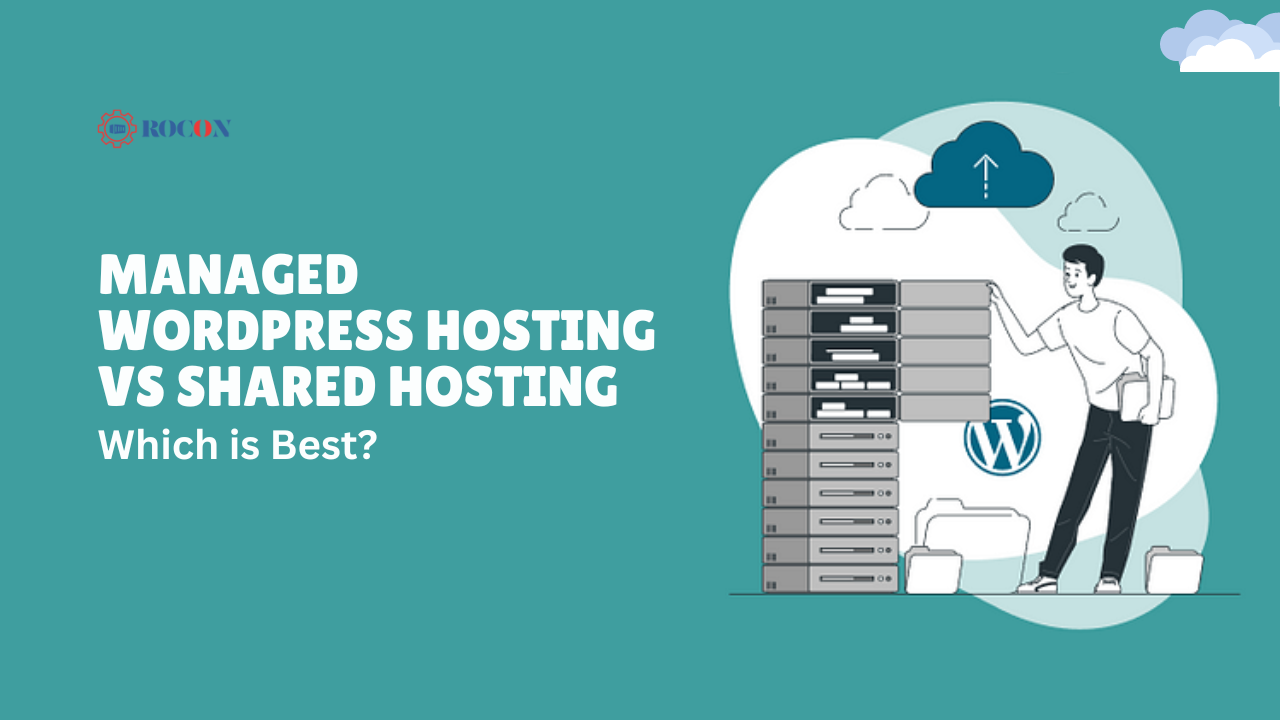If you're launching a WordPress site, you've probably come across two popular hosting types—Managed WordPress Hosting and Shared Hosting. On the surface, they both host your site, but once you dig a little deeper, the differences are quite significant—especially when it comes to performance, security, scalability, and support.
So how do you decide which one’s right for you? Let’s break it down in plain terms.
What is Shared Hosting?
Shared hosting is the most basic and budget-friendly option. Your website shares server space with dozens (or even hundreds) of other sites. This means resources like CPU, memory, and bandwidth are shared too. It's perfect for small websites or blogs with minimal traffic.
However, there's a trade-off. If one site on the server experiences a traffic spike or security issue, it could slow down or impact your site as well. You’re also on your own for WordPress-specific optimizations, backups, security configurations, and performance tuning.
If you're just starting out and need to keep costs low, shared hosting works—but it’s not ideal for long-term growth.
What is Managed WordPress Hosting?
Managed WordPress hosting, on the other hand, is specifically built for WordPress websites. Everything—from the server stack to the support team—is tailored for WordPress. You're not just buying server space; you're investing in a service that handles the technical heavy lifting for you.
You get features like:
-
Automatic WordPress updates
-
Server-level caching
-
Daily backups
-
Staging environments
-
Built-in security and malware protection
-
Expert WordPress support
More importantly, you don’t share resources with hundreds of other sites. Providers like Rocon offer container-based hosting where each site operates in its own dedicated environment. That means no performance bottlenecks, better uptime, and faster page loads—especially during traffic spikes.
Key Differences: Side-by-Side
| Feature | Shared Hosting | Managed WordPress Hosting |
|---|---|---|
| Performance | Slower, shared resources | Fast, optimized for WordPress |
| Security | Basic | Advanced, WordPress-specific |
| Support | General tech support | WordPress experts available 24/7 |
| Scalability | Limited | High scalability for growing sites |
| Maintenance | Manual updates and backups | Automatic updates and backups |
| Pricing | Cheaper upfront | Higher, but value-packed |
So, Which One Should You Choose?
If you’re just testing the waters or launching a personal blog with limited traffic, shared hosting is a low-cost way to get started. It’s simple and gets the job done for smaller sites.
But if you’re running a business website, WooCommerce store, or content site that’s growing—or if you just don’t want to worry about technical stuff—managed WordPress hosting is worth every penny. You’ll save time, reduce risk, and offer your visitors a better experience.
Platforms like Rocon go even further by offering containerized managed WordPress hosting. This setup provides dedicated resources, isolation for performance and security, and tools specifically built to streamline WordPress site management. It’s modern hosting built for serious WordPress users.
Final Thoughts
Managed WordPress Hosting vs Shared Hosting isn’t just a pricing question—it’s about what your website needs today and how you want to grow tomorrow. Shared hosting is like renting a room in a crowded apartment, while managed hosting is more like having your own private suite with a team of professionals handling the utilities.
If your website matters to your business or brand, investing in managed WordPress hosting isn’t a luxury—it’s a smart, scalable decision.
